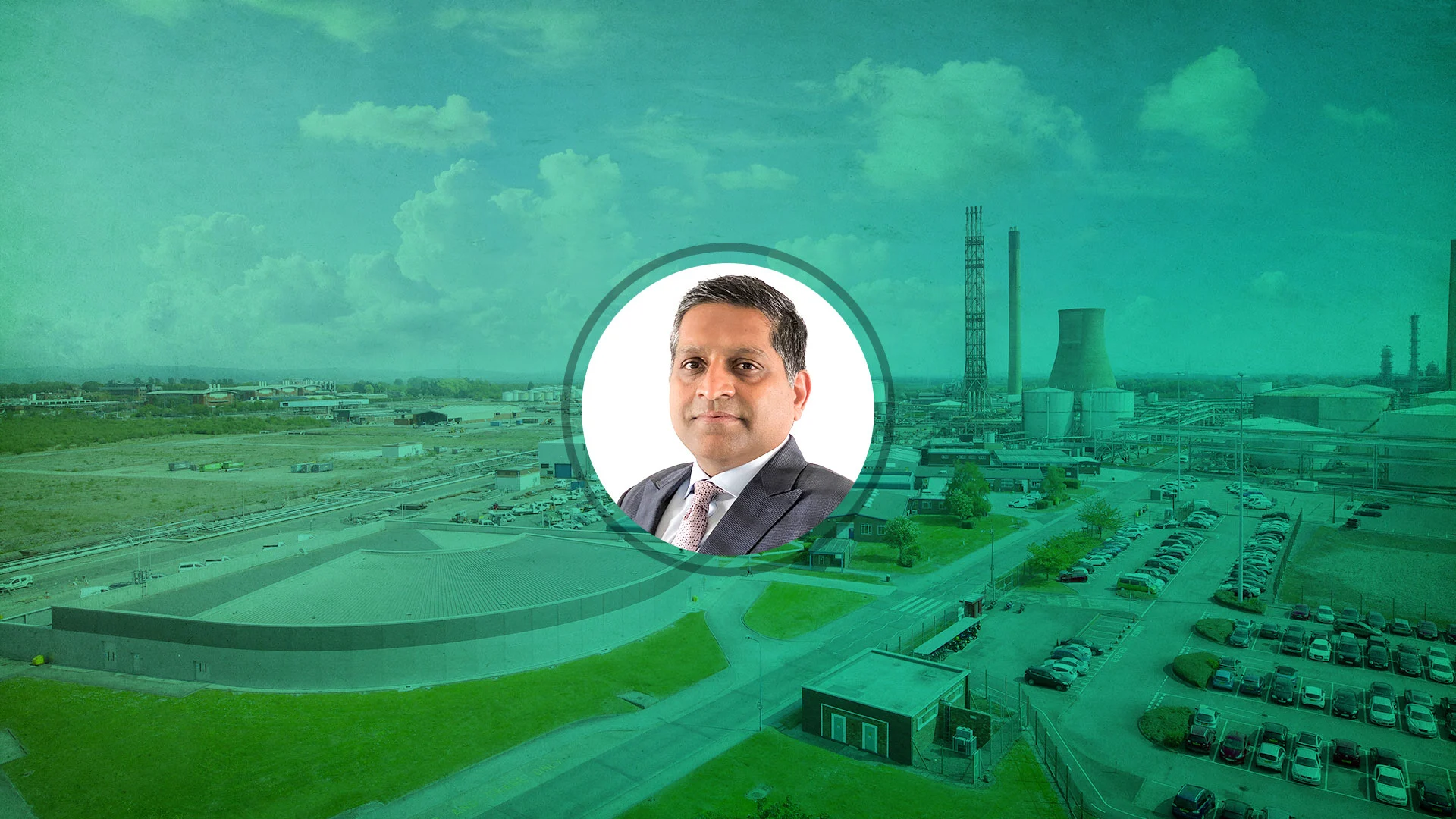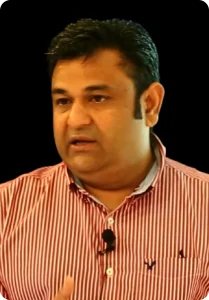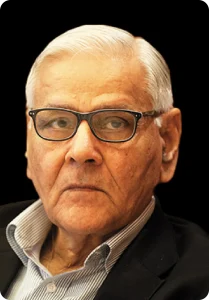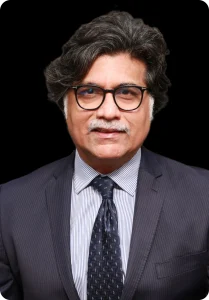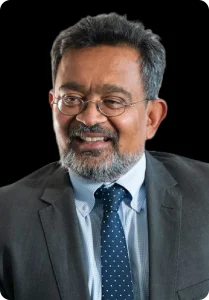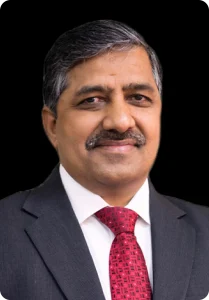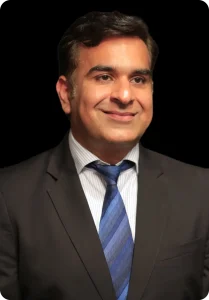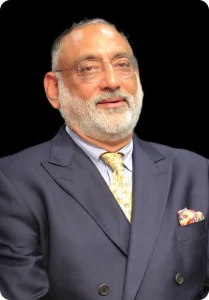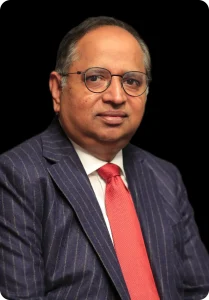Essar Oil UK’s CEO Deepak Maheshwari in an exclusive interaction with Sambit Mohanty of S&P Global Commodity Insights on future plans and investments to catalyse UK’s decarbonisation drive.
Sambit Mohanty
S&P Global Commodity Insights
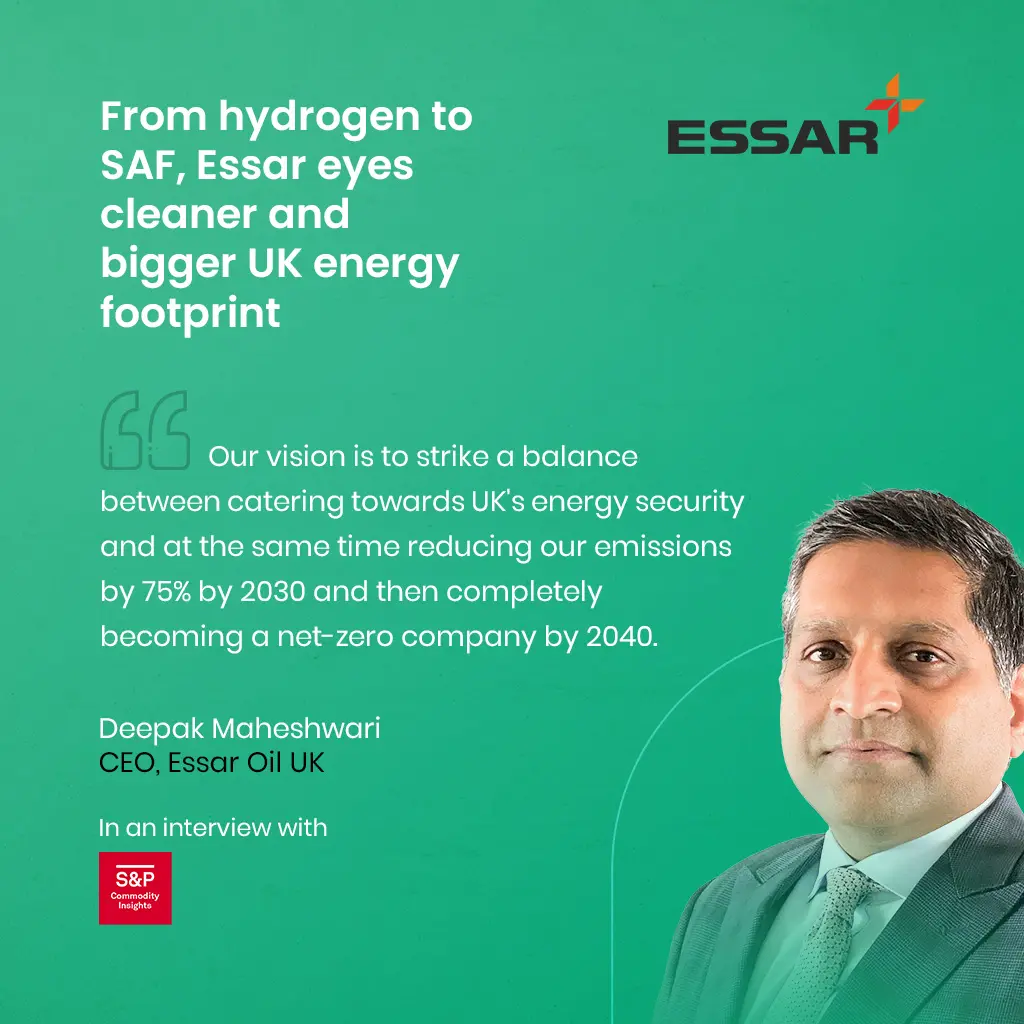
HIGHLIGHTS
– Looking to expand hydrogen footprint with Vertex project
– Energy impact of Ukraine war on UK less than on continental Europe
– Sourcing crude from US, West Africa and the North Sea region
Essar is aiming to make billions of dollars of investments in coming years to boost output of low-carbon fuels in an effort to boost the UK’s energy security amid growing regional geopolitical turbulence, while inching towards becoming a net-zero company by 2040, Essar Oil UK’s CEO Deepak Maheshwari said in an exclusive interview.
From boosting production of hydrogen to investing in carbon capture processes, the company, which supplies about 16% of the UK’s transport fuels, has worked out a strategy to ensure that it aligns with the UK’s government’s 10-point plan for clean energy, he added.
“Our vision is to strike a balance between catering towards UK’s energy security and at the same time reducing our emissions by 75% by 2030 and then completely becoming a net-zero company by 2040,” Maheshwari told S&P Global commodity Insights, while sharing his vision for the next two decades.
The principal activity of Essar in the UK is to refine crude oil and supply refined petroleum products in the domestic UK and international markets from its primary place of business at Stanlow. The group owns and operates the Stanlow Refinery and Stanlow Terminals Limited, which are located on the south side of the Mersey estuary in northwest England.
It also owns an equity stake in United Kingdom Oil Pipelines Limited, a joint venture interest in Kingsbury Terminal, as well as full ownership of the Northampton Terminal.
Changing energy landscape
Maheshwari said that with a fast-changing energy landscape, Essar would work towards decarbonizing the production process at its Stanlow refinery through carbon capture, switching to fuels such as hydrogen for its own use, as well as implementing new low-carbon energy projects through strategic partnerships.
“We have launched our hydrogen future with the launch of the Vertex project,” Maheshwari said.
Vertex, a joint venture between Essar and Progressive Energy, is developing a low-carbon hydrogen production hub in the UK. Last September, Essar announced an offtake agreement with Vertex Hydrogen for the supply of more than 280 MW of hydrogen, which will be used to help decarbonize Essar’s existing production facilities, including a new hydrogen-powered furnace.
“Our plan is to produce 1 GW of blue hydrogen by 2027, which should eventually go up to 4 GW by 2030 and contribute to 40% of UK government’s national target,” Maheshwari said.
Essar Oil UK last August took delivery of the hydrogen-powered furnace at its Stanlow site in Ellesmere Port, Cheshire. The furnace is capable of running on a 100% hydrogen source and will eventually replace three existing furnaces at Stanlow. Hydrogen used by the new furnace from 2026 will be produced by Vertex at Stanlow refinery.
“We are hoping the project to be fully operational in September 2023, which would then boost energy efficiency at Stanlow compared to existing furnaces. It will also help to substantially slash CO2 emissions by more than 240,000 mt each year from 2026 onwards,” Maheshwari added.
Essar last year also announced its plan to build a £360 million ($440 million) new carbon capture plant at its Stanlow refinery.
Kent plc has been awarded a pre-FEED engineering contract to develop the facility that will take the CO2 emitted from one of Europe’s largest full-residue fluidized catalytic cracking units, located at the Stanlow refinery. The gas will be permanently sequestered into depleted gas fields under the sea in Liverpool Bay.
Once completed in 2027, the plant will eliminate an estimated 0.81 million mt of CO2 per year – the equivalent of taking 400,000 cars off the road — and eliminate nearly 40% of all Stanlow emissions. “This will put Stanlow at the heart of UK’s energy transition journey,” Maheshwari said.
“We also have ambitious plans to make inroads into future fuels and that includes sustainable aviation fuels. We are also establishing a biofuels storage facility at Stanlow Terminals,” Maheshwari said.
He added that the company was also working with Fulcrum Northpoint on a £600 million ($732 million) project to create a new facility to convert several hundred thousand mt of non-recyclable household waste each year into sustainable aviation fuel for use by airlines operating at UK airports.
Shifting oil flows
Essar Oil acquired the 10 million mt/year Stanlow refinery in 2011 and has so far invested US $1.3 billion in margin improvement as well other initiatives to drive efficiency.
The company’s annual production is over 4.4 billion liters of diesel, 3 billion liters of petrol and 2 billion liters of jet fuel. It processes over 9 million mt of crude oil and feedstocks annually.
The Stanlow refinery is capable of handling and processing a wide variety of light and heavy crudes from global sources including the North Sea, West and North Africa, the US and Canada.
“The impact of geopolitical turbulence after the Russia-Ukraine war on the UK is relatively less compared with mainland Europe. A lot of Russian diesel used to come but that has now stopped and now it’s coming from Asia. Russian crude has also now stopped coming to the UK and we are getting our feedstock from the US, West Africa and the North Sea region,” Maheshwari added.
Source: S&P Global Commodity Insights

